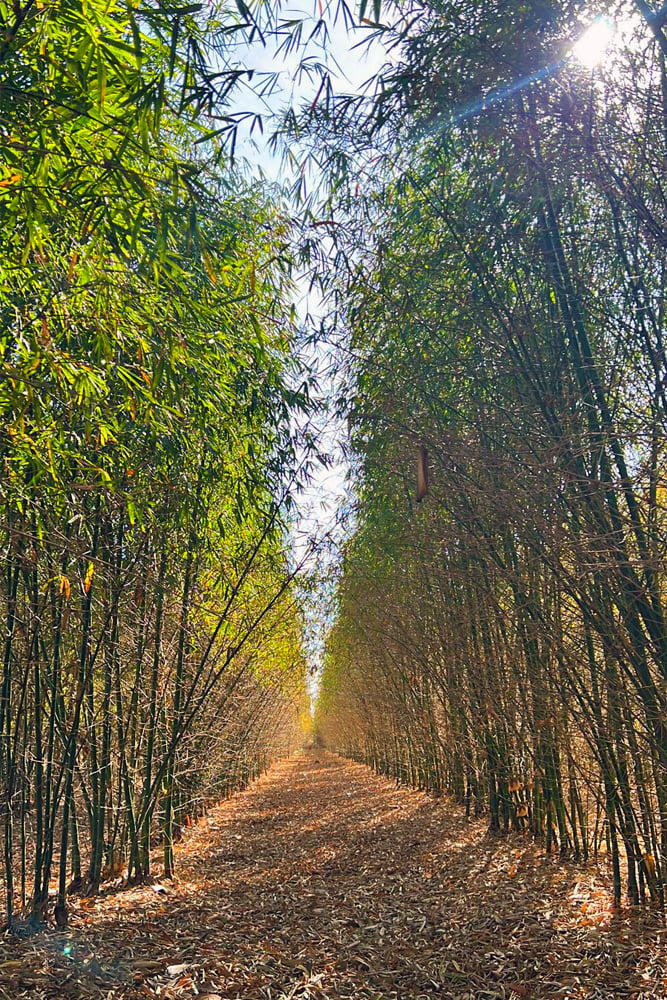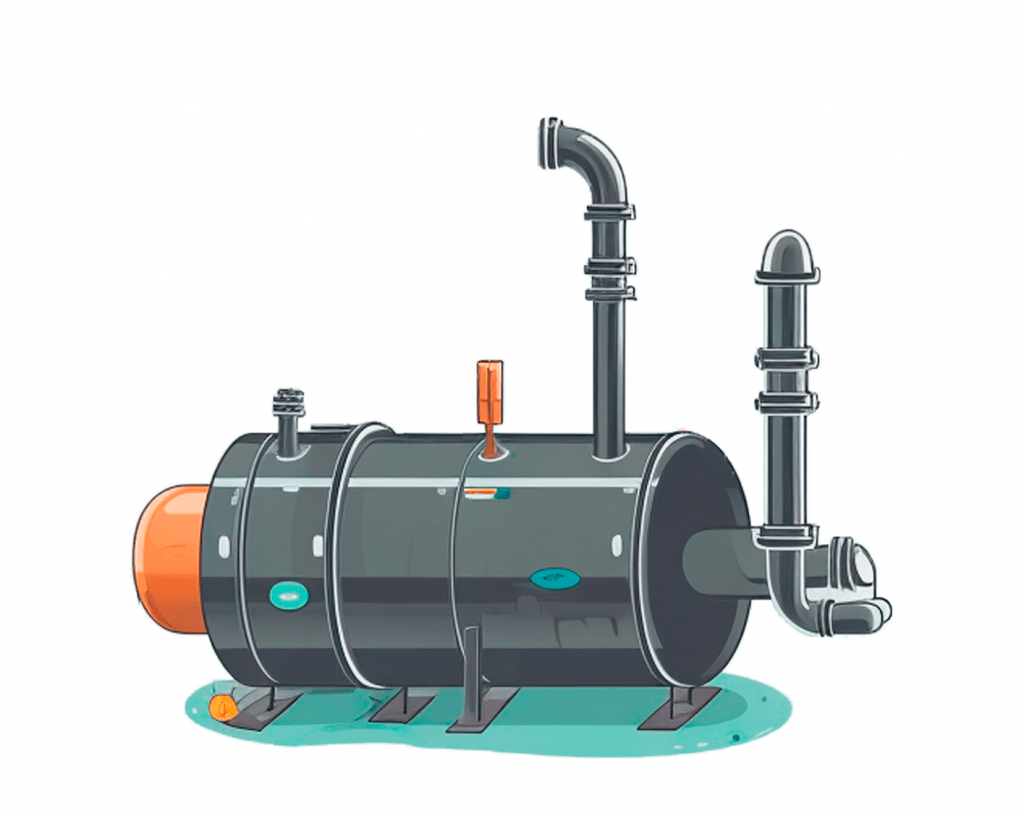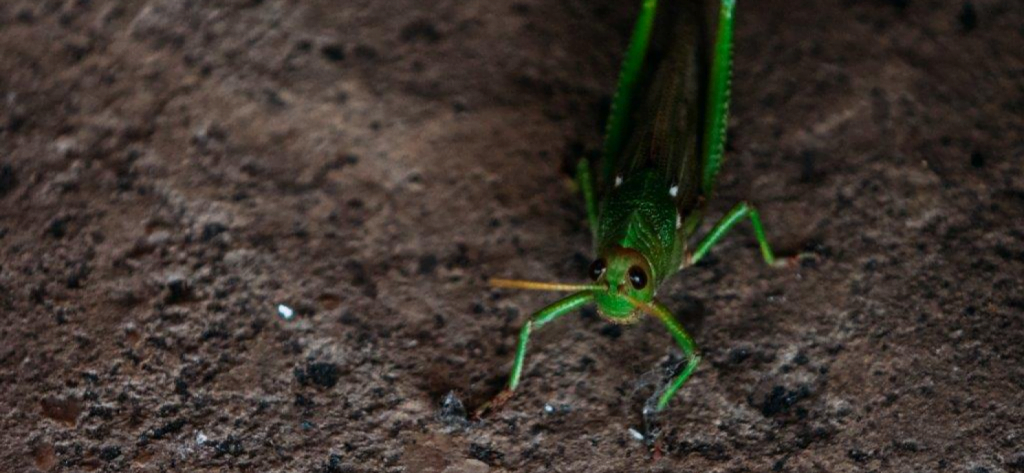Innovation Initiatives
Sustainability at the core of all processes
At each step, we demonstrate our ongoing commitment to people and the environment.

Bamboo Project
EcoNew is part of a project focused on the sustainable planting of bamboo for the production of future charcoal. Currently, it is developing studies for new potential projects with other partners in academia and independent institutions.
The main objective of the initiative is to analyze the adaptability of bamboo species to the local soil and climate characteristics found in the municipalities of Várzea da Palma and Lassance, MG. The collected data will be analyzed to guide replanting activities and provide insights into the adaptation of bamboo species to regional ecological conditions.
The results will help identify the most suitable species for each environment and contribute to the sustainable development of the region. The collaboration between EcoNew and its partners will explore the potential of bamboo as an environmentally friendly alternative for biomass, biomaterials, and other relevant applications.
We hope that in the future bamboo forests can help preserve the environment, reduce CO2 emissions – bamboo is very efficient at capturing carbon – and provide quality biomass for various sectors.
The New Reactor
EcoNew has acquired a state-of-the-art reactor for its plant in Várzea de Palma, Brazil, chosen after a careful search for alternatives and international suppliers.
This equipment will enable the expansion of the carbonization capacity of organic waste, promoting the reuse of materials and contributing to the reduction of waste volume on the planet. In this process, raw materials such as biomass are subjected to anaerobic or oxygen-poor conditions to produce biochar, wood vinegar, tar, and synthesis gas.


Land-Use Recovery
The recovery of degraded land is a crucial component of our environmental approach. We understand that soil degradation can occur in various forms, including erosion, salinization, compaction, nutrient depletion, and loss of native vegetation. Our team is committed to reversing these damages by implementing sustainable soil management practices and restoring ecosystems to create more balanced environments.
EcoNew is dedicated to revitalizing degraded lands through an ambitious reforestation project, focusing efforts on introducing bamboo to strengthen the sustainability of our products. This initiative not only aims to improve soil health but also contributes to the restoration of compromised ecosystems.
We acknowledge the recovery of degraded lands is a challenging process that requires collaboration across various sectors. We work closely with governments, non-governmental organizations, local communities, and experts in conservation and agriculture to develop strategies tailored to the specific conditions of each location. This careful approach aims not only to improve soil quality but also to promote healthy and sustainable ecosystems in the long term.
